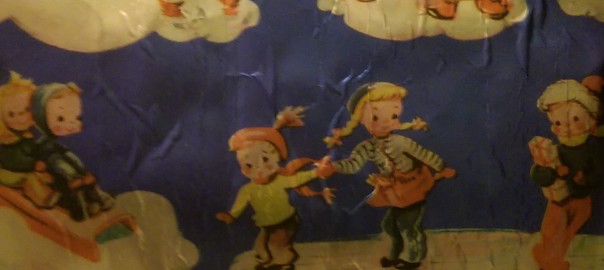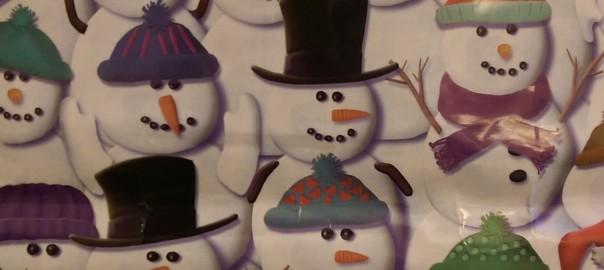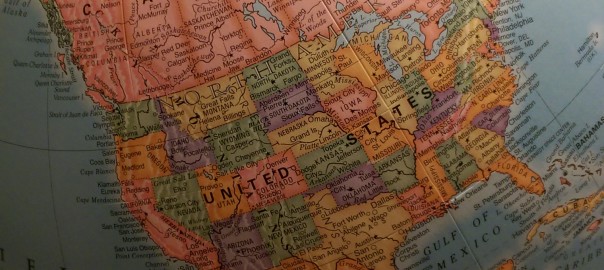If you (or a loved one) have recently had a baby and are experiencing changes in your mood you may be wondering if you are experiencing postpartum depression. It can be difficult to differentiate between the normal emotional adjustments to becoming a parent and a perinatal mental health concern such as postpartum depression. In fact, it is estimated that around 80% of new mothers experience the “baby blues” during the first 2-3 weeks postpartum.
The symptoms of postpartum depression are more severe and don’t go away quickly. It is believed that at least 15% of women experience significant depression following the birth of a child. If you experience any of the following symptoms during the first year postpartum and, you may be experiencing postpartum depression: Continue reading Do I have Postpartum Depression?









